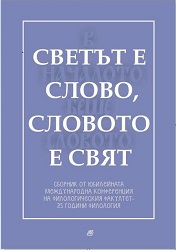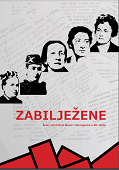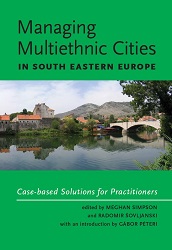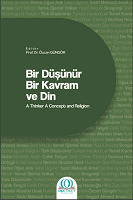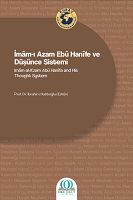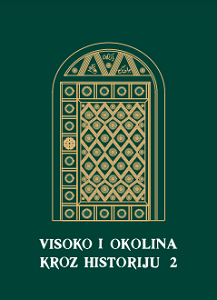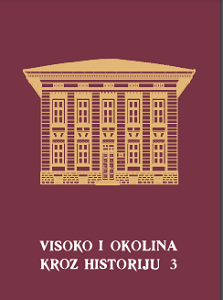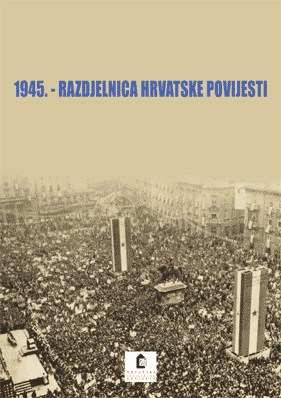
Britanski pogled na Hrvatsku 1945.: politika i društvo
Diplomatic relations between Britain and Yugoslavia in 1945 encapsulated all their past and future conflicts: traditional British orientation and interests as opposed to a pragmatism dictated by political realism and the evolution of Yugoslavian politics equally conditioned by its dominant factor – the Communist Party of Yugoslavia (KPJ) and its position as a small country at a time of global turmoil. At the end of the war British and Allied Military interest became less important in the face of a new geopolitical strategy which rested on the division of Europe and the world into two blocks. Even if at the time he decided to support Tito and the Partisans Churchill believed that it was not important if they wanted to introduce Communism – because the British ≪‘won’t be living there’≫ – in 1945 it was characterized by this factor. This can be seen in terms of the questions of support for UNRRA, the Tito – Šubašić, the problem of Istria and Trieste, and the extradition of war crimes. Yugoslavia, in an effort to obtain international recognition of the NOP (Narodnooslobodilački pokret – National Liberation Movement) accepted concessions in internal-political matters which in any case were quickly shown to be temporary. Although politically within the orbit of the USSR, the new Yugoslavia did not receive support from it on some critical foreign-political issues. When the resignation of minister Ivan Šubašić, the British trump card, occurred on the eve of the elections to the Constituent Assembly of the new Yugoslavia, and when the opposition – disabled by the regime but also by internal divisions – declined to engage in a political struggle, Britain, after experiencing initial discomfort at the unexpected turn of events, decided not to break off relations with Yugoslavia. Nonetheless, in solving certain future problems, Britain retained elements of its earlier policy. In British diplomatic reports Croatia, along with Serbia, was the main ≪≫bulwark of opposition,≫≫ especially important in this regard were the Croat Peasant Party, the Catholic Church, and the peasantry as powerful forces. The estimation that support for the new government was somewhere between 10-20% conflicts with the strong electoral showing of the National Front. Even if repression by the regime is held to play a large role in this support, the avoidance tactics and lost opportunities on the part of opposition leaders reveal a number of characteristic political and cultural stereotypes, from which the leaders of the communists are not immune either. The bulk of this article rests on this issue.
More...
